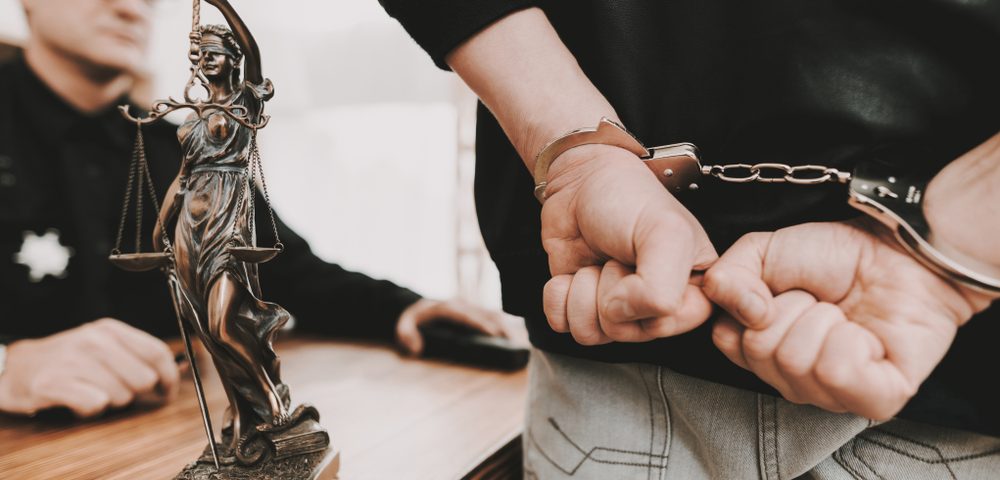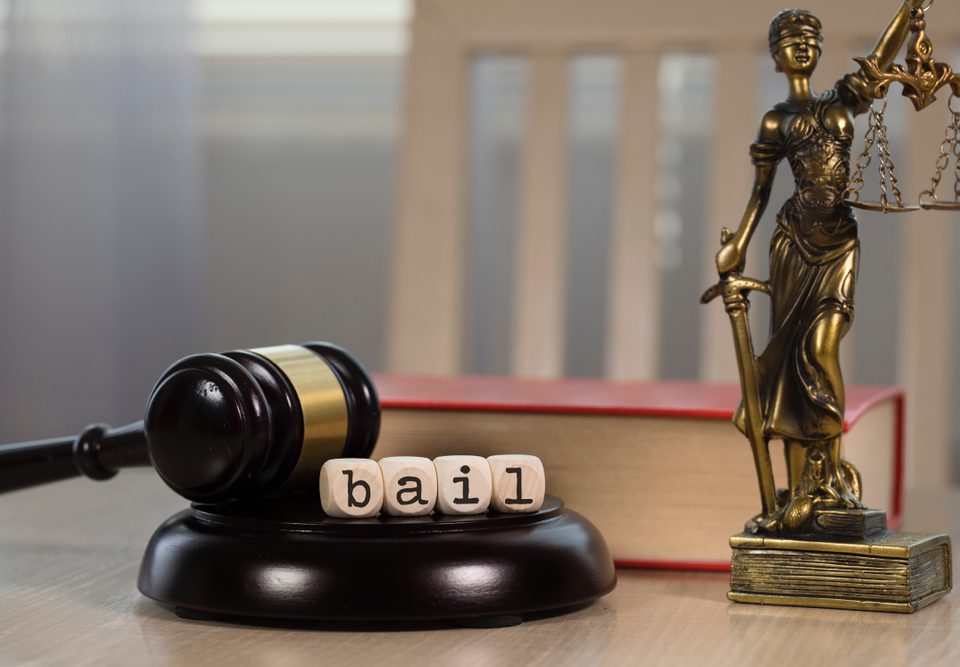- Serving All Utah Jails and Nationwide Jails for over 40 years
Charges That May Prohibit Bail Posting, Part 2

Charges That May Prohibit Bail Posting, Part 1
August 7, 2020
Details and Issues With Paying Your Own Bail, Part 1
September 4, 2020In part one of this two-part blog series, we went over some basics on certain criminal charges severe enough that bail might not be allowed for many of them. For certain extreme and dangerous crimes, such as murder or rape, bail will often not be allowed due to the nature of the crime in question and the danger the accused individual may pose to others.
The vast majority of cases do allow bail, however, and at Beehive Bail Bonds, we’re here to offer 24/7 bail bond services to all those in such situations. Our bail bonds help lower the total amount you need to pay, making the entire situation far easier to navigate. In today’s part two of our series, we’ll go over a few other important factors that define when bail might not be allowed for a charge, plus some quick notes on each major charge type and how common bail refusal is within each one.
Judge Discretion and Caveats
As we touched on in part one, there is at least some discretion given to the judge in these cases, both in terms of the actual bail itself and related caveats. There are some situations where it might be difficult for the judge to deny bail altogether, but they can take other steps to control the situation.
Consider a case, for instance, where the arrested individual is charged with domestic violence toward a spouse. In the majority of such cases, bail must still be allowed – but the judge might set the amount very high, as we noted in part one, or might choose to allow bail while also placing a restraining order on the individual that does not allow them contact with the spouse they’re accused of violence toward. This isn’t technically a bail denial, of course, but it’s a way of maintaining public safety and the best interests of those involved in the case.
Denial Appeals
In certain cases where bail is denied by the judge, appeals are possible. These are most common in cases where there can be holes poked by the defense in the prosecution’s case – bail denial is often done when the prosecution has a clear and obvious case against the defendant, so if this factor can be removed, the denial might be appealed successfully. Speak to your attorney in such cases.
Charge Types
Finally, a quick breakdown of common criminal charges and whether bail might be denied for them:
- Capital felony: The most severe felony type out there, including areas like aggravated murder, rape, kidnapping and arson. Many such charges will require bail be denied to the accused party, especially if the prosecution’s case is strong.
- Other felony types: First degree, second degree and third degree felonies are also serious crimes, but may or may come with bail based on their nature and your history.
- Misdemeanors: Bail is virtually never denied.
- Infractions: Daily violations and areas that almost never result in arrest, much less bail denial.
For more on charges where bail won’t be allowed, or to learn about any of our bail bonds, defense attorney recommendations or other services, speak to the staff at Beehive Bail Bonds today.




